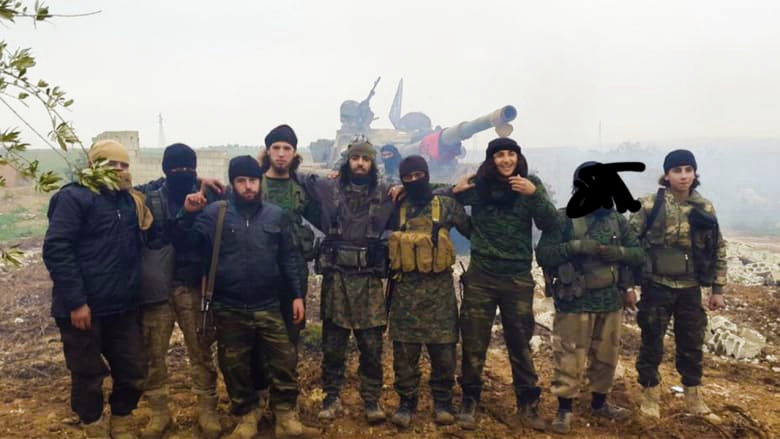The Iraqi Counter-Terrorism Service announced today, Friday, September 19, 2025, the killing of the prominent ISIS leader Omar Abdul Qadir Bassam, known by the nickname "Abdul Rahman Al-Halabi", during a qualitative security operation carried out inside Syrian territory, in coordination with the international coalition led by the United States, according to the Iraqi News Agency.
According to an official statement issued by the service, "Al-Halabi" held the position of head of operations and external security within the organization, and is considered one of the most prominent masterminds and strategic officials responsible for what is known as "the distant provinces", which is the name the organization uses for its external networks spread across several countries.
The statement confirmed that Al-Halabi was directly involved in the bombing of the Iranian embassy in Lebanon, and he also participated in attempts to carry out terrorist attacks inside the United States and Europe, but those attempts were thwarted through high-level intelligence cooperation between security agencies.
The Counter-Terrorism Service indicated that this qualitative operation came as a result of precise intelligence monitoring that lasted several months, during which Al-Halabi's movements were tracked and his location inside Syria was accurately identified.
After completing the judicial procedures from the Iraqi side, a focused airstrike was carried out by the international coalition's aircraft, which led to his final neutralization.
The service emphasized that the elimination of "Al-Halabi" represents a major strategic loss for the terrorist organization, especially as it comes after a series of successful operations over the past two months, which resulted in the killing of more than six first-tier leaders in ISIS, significantly weakening its organizational and planning capabilities.
The operation was carried out inside Syrian territory at a critical time, and was conducted in direct coordination between the Iraqi Counter-Terrorism Service and the international coalition forces led by Washington, with official judicial support from the Iraqi authorities, which played a crucial role in the success of the operation.
This security operation is a clear example of the effectiveness of international security and intelligence coordination in combating cross-border terrorism, especially in light of the ongoing threats posed by the ISIS organization both within the region and beyond.

